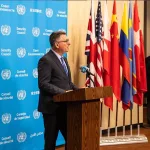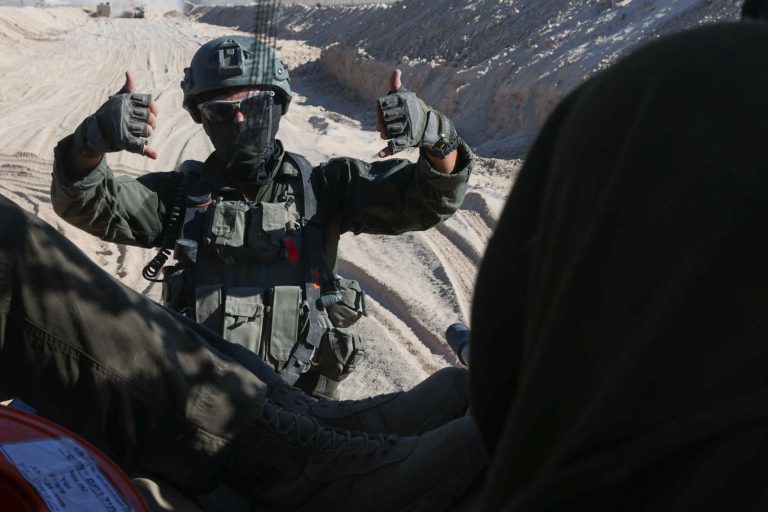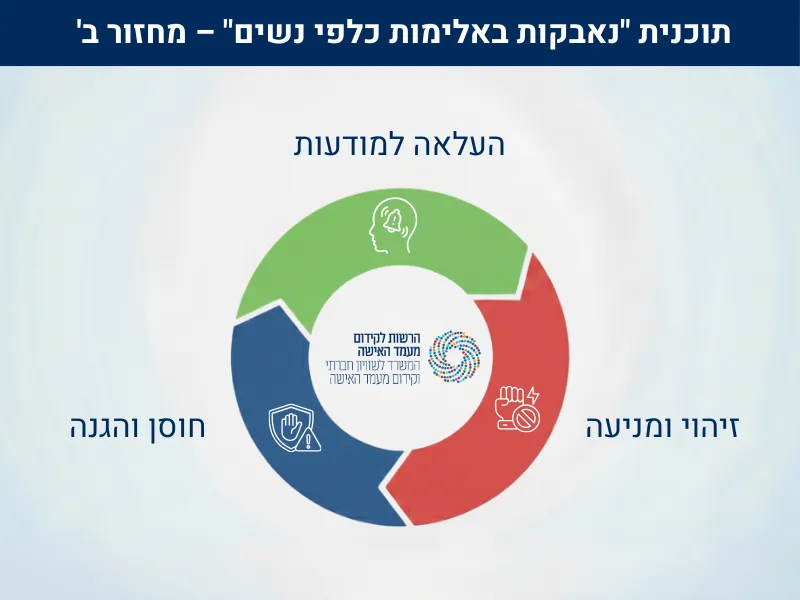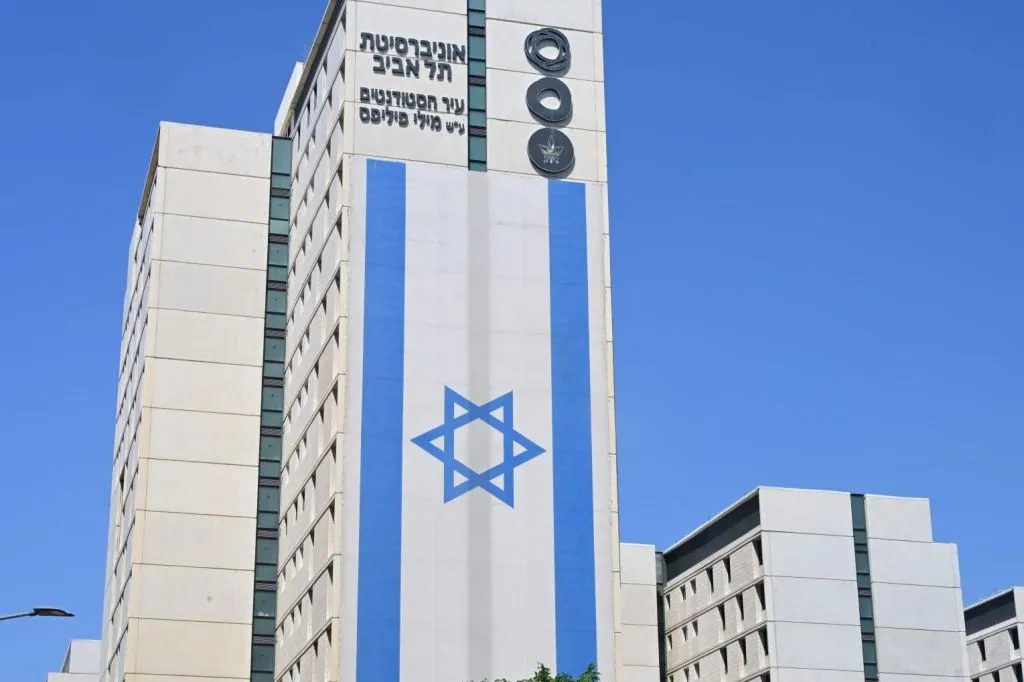Jerusalem, 8 June, 2025 (TPS-IL) — Israeli scientists have found a direct medical link between post-traumatic stress disorder (PTSD) and seven common chronic illnesses, including hypertension and diabetes, Israel’s Defense Ministry announced on Sunday. Although several countries recognize a connection between PTSD and various chronic physical conditions, Sunday’s report makes Israel’s defense establishment the first to recognize PTSD as a direct causal medical link, not just a comorbidity.
“For the first time, a causal-medical link has been established between post-trauma and chronic diseases—a connection between body and mind,” said Itamar Graf, Deputy Director General and Head of the Planning Division at the Ministry of Defense. “The Ministry of Defense accepts the committee’s determinations and, in light of the extensive implications of its recommendations, will establish a multidisciplinary team led by the Planning Division and in collaboration with professional entities from government ministries to examine the manner in which the recommendations will be implemented.”
The committee, chaired by Judge (Retd.) Col. (Res.) Maya Heller, was part of the broader “One Soul” reform, a government initiative aimed at improving care for Israel Defense Forces veterans dealing with trauma-related conditions. The committee, which included experts in psychiatry, internal medicine, cardiology, rheumatology, public health, and endocrinology.
Working in collaboration with the IDF Disabled Organization, the committee concluded that PTSD can causally contribute to diseases including type 2 diabetes, hypertension, ischemic heart disease, stroke, fibromyalgia, psoriasis, and chronic obstructive pulmonary disease (COPD).
PTSD is a mental health condition triggered by experiencing or witnessing a terrifying event. Symptoms may include flashbacks, nightmares, severe anxiety, and uncontrollable thoughts about the event. People with PTSD may avoid situations or things that remind them of the traumatic event, and they may have negative changes in beliefs and feelings. The condition is typically managed with therapy and medication.
Tel Aviv University’s National Center for Traumatic Stress and Resilience reported in May that the incidence of PTSD has tripled among combat soldiers since Hamas’ October 7 attacks.
The committee’s report recommends adopting a “green track” recognition process, whereby PTSD sufferers who are also diagnosed with one of the seven chronic diseases would receive full recognition for medical treatment needs and partial recognition for pension purposes, without needing to prove a specific causal connection in each individual case. All such cases would still require medical committee evaluation to determine disability percentages.
Other recommendations include establishing a national body to manage data on PTSD in Israel and lead research collaborations, as well as integrating PTSD-related screening tests into routine care.
“We see the committee’s recommendations as another step towards implementing the ‘One Soul’ reform,” said Judge Heller. “The recognition of the link between PTSD and physical health will lead to a significant improvement in the treatment of disabled IDF and defense personnel and in ensuring their rights. It will significantly improve the quality of life of PTSD-disabled persons and prevent a worsening of their health condition.”
Chairman of the IDF Disabled Organization, Attorney Idan Kliman, called the report’s conclusions a “significant step” in improving the care and recognition of disabled veterans.
“Accepting the report’s conclusions will constitute an important milestone in promoting the ‘One Soul’ reform, which will provide additional relief to the heroes who sacrificed their bodies and souls,” he said. “All professionals must study the report’s recommendations in depth and implement them quickly and fully.”
At least 1,180 people were killed, and 252 Israelis and foreigners were taken hostage in Hamas’s attacks on Israeli communities near the Gaza border on October 7. Of the 55 remaining hostages, 33 are believed to be dead.































